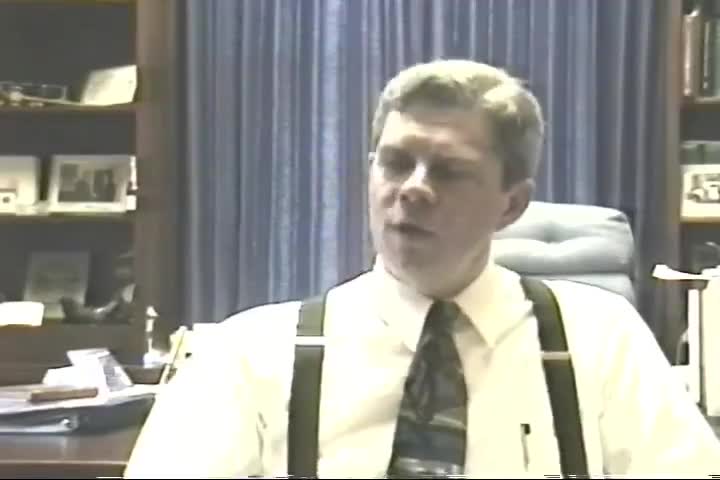Article not found
This article is no longer available. But don't worry—we've gathered other articles that discuss the same topic.
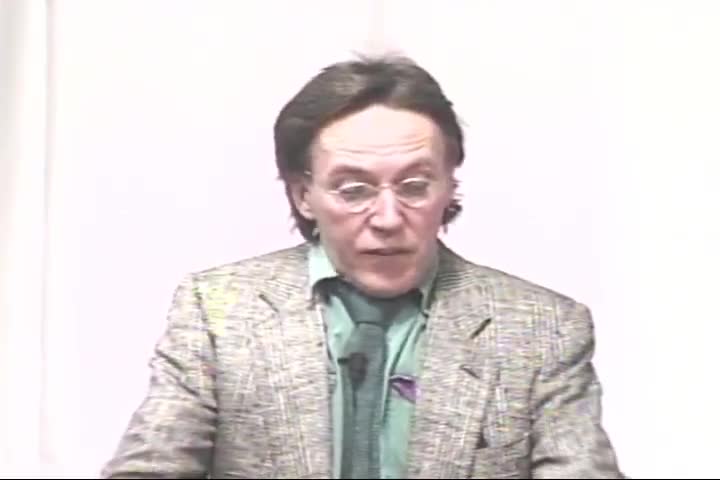
Host calls for more transparency: regents' land deals and telecom task force drew criticism for lack of public input
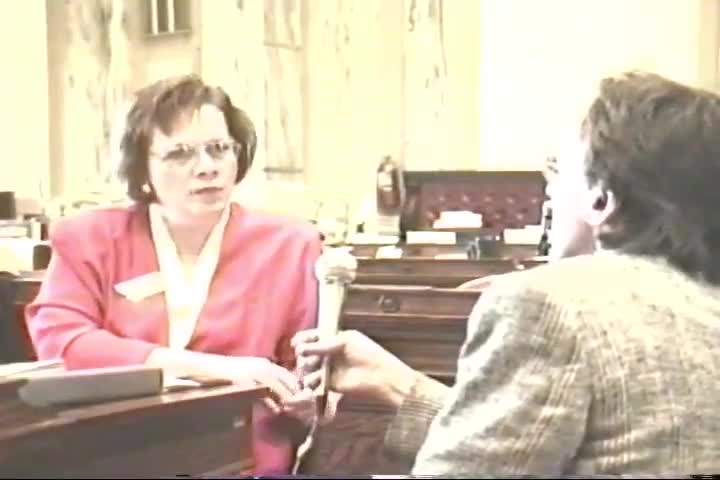
Montana House minority leader urges investment in prevention programs, warns against tapping coal trust
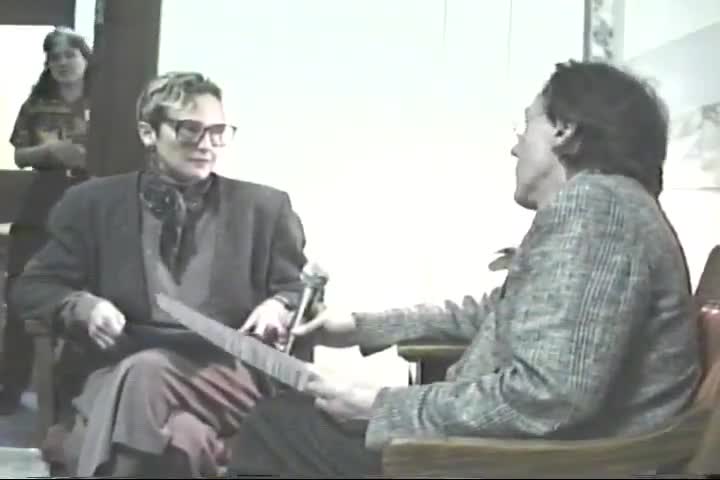
Montana Women’s Lobby launches 'Community Conversations' to mobilize progressive groups against what it calls extremist legislation
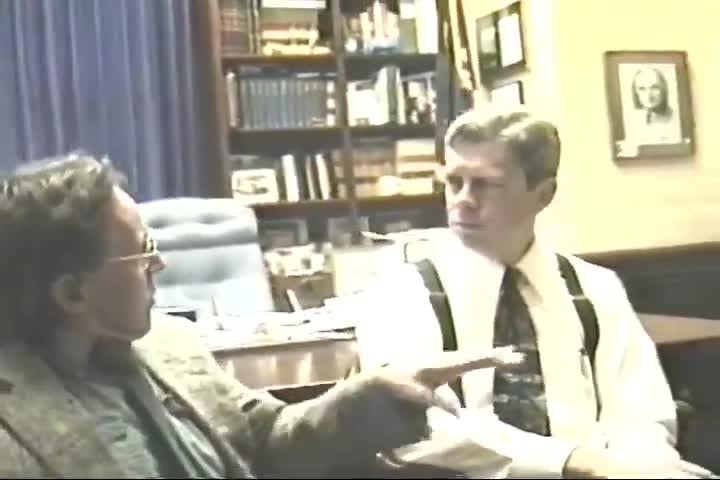
State lands board duty vs. development: Cooney says trustees must weigh long-term stewardship on McDonald Gold Mine site
